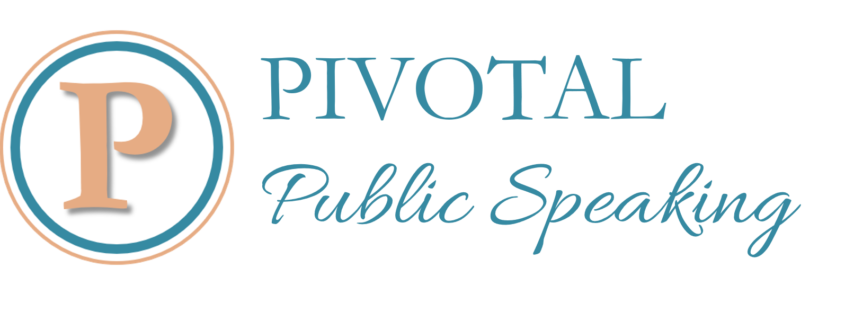Q & A – What to say if you don’t know the answer
Many speakers fear and avoid a Q & A.
Why … because they fear a disaster spiraling out of control.
“What if someone asks a question and I don’t know the answer?”
Experienced speakers know, however, that rather than being a disaster, a Q&A is a wonderful opportunity and they prepare to leverage that opportunity.
“But how can you prepare for every question? No-one can know the answer to everything!”
Let’s look, instead, at preparing for the opportunity buried within this seemingly impossible disaster.
First step … If you don’t know the answer, admit it. That is not a disaster, in itself, or in the making.
Admitting to not knowing the answer is a chance to build authenticity.
Audiences are reasonable. They understand that in the avalanche of information available, no one person can know it all.
There is nothing authentic or credible about someone trying to side-step a question with blustering. Much better to tell the truth.
But before you lose your credibility as an expert, have a plan for response to these questions.
1. If it’s possible, know the experts in the room. Throw the question to one of them, and you are providing a resource just as much as if you had given an answer. You have provided an answer. You have created or reinforced a connection with the other expert. And you have positioned yourself within a community of experts.
2. You can also refer the question back to the audience in general. You are building engagement here with your interaction. If it is possible to allow discussion, you can build a sense of community within the audience. If it’s appropriate you can ask for opinions, stories and examples as well as facts.
3. Finally, saying “No comment” just doesn’t work. You appear either to be completely ignorant and helpless on the subject, or worse still, trying to hide something. If there is no way to answer in the moment, commit to getting the answer to the questioner as soon as possible – to either giving them good sources/resources at the end of your presentation or to communicating an answer in coming days. If you cannot answer because it is not appropriate or you are not at liberty to answer, explain why. Again, audiences are generally reasonable and understanding.
This is also providing an opportunity to reinforce your respect for your audience and its members. Answering with integrity and an honest effort to help, you are showing respect for the person asking the question and for the question itself, no matter how awful the question or the motives of the questioner.
That respect is all part of the process of building and maintaining your credibility and your authenticity. And Q&A has given you the opportunity to contribute more to that process. Rather than being a disaster waiting to happen, Q&A becomes a valuable opportunity.
Discover more from Bronwyn Ritchie - Pivotal Public Speaking
Subscribe to get the latest posts sent to your email.



I love this. Saying “I don’t know” is a sign of confidence and strength. And turning the question over to audience members is another smart tactic—it gets people involved and shows it’s not all about YOU, the speaker.